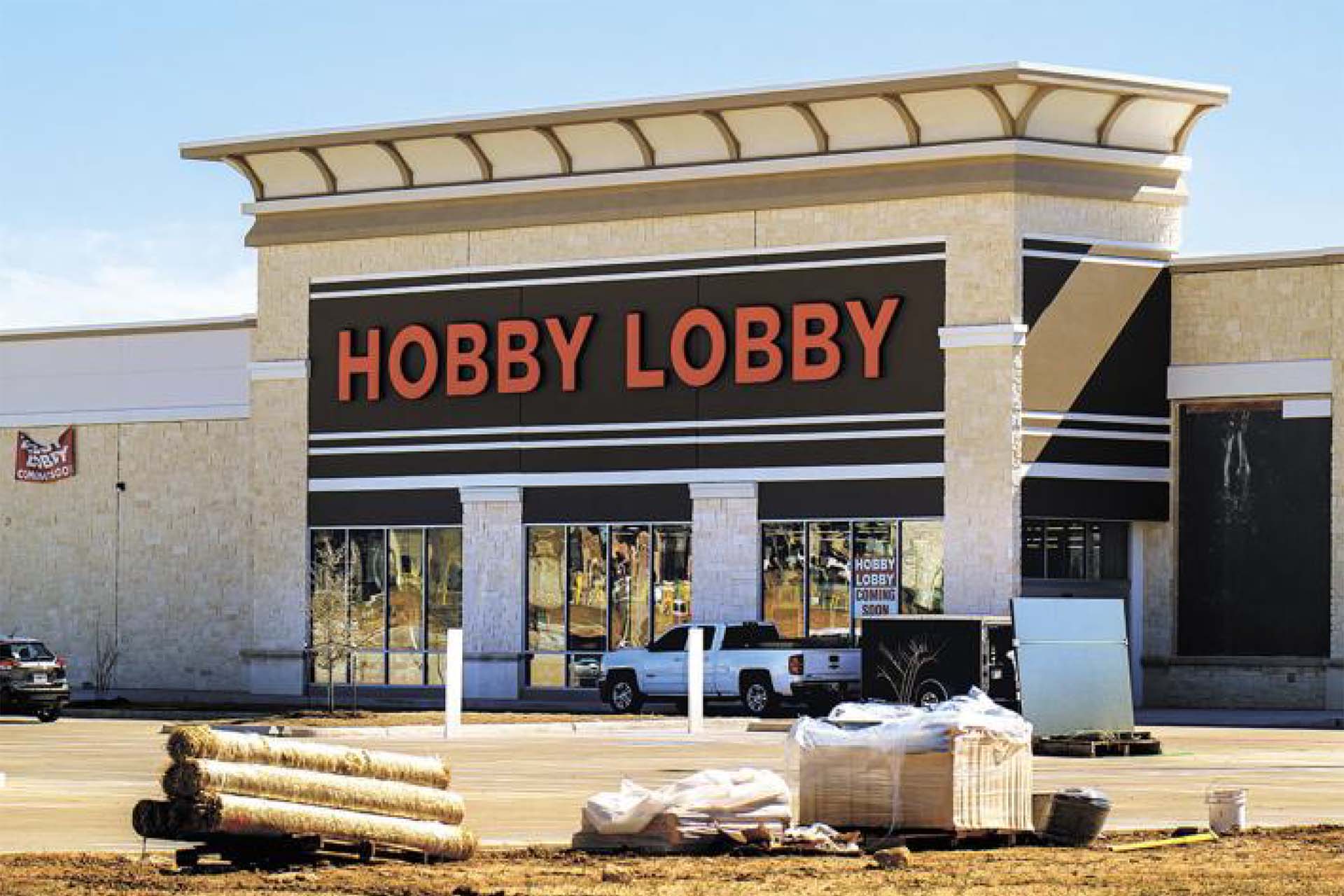
The COVID-19 pandemic has reshaped the commercial real estate landscape, and retail has been no exception.
Over the past two years, Americans have flocked to rural and suburban communities on the outskirts of major cities, seeking lower living costs and a better quality of life. An uptick in demand for residential real estate followed, and hot on its heels came increased demand for new retail and restaurant spaces to serve growing populations.
Done right, retail construction can meet the emerging needs that migration trends expose, bringing new life and vitality to communities. Intelligent, efficient development practices can bring major retailers to consumers who would have previously traveled further afield, costing the city revenue. However, not every site or project is workable. Developers need to identify the right location — and the right moment.
In January 2021, Houston-based Baker Katz broke ground on Brenham Crossing, a 50-acre, 250,00-square-foot shopping center in Brenham, Texas. Nestled midway between Houston and Austin, with a population of close to 75,000, Brenham and the surrounding area quickly attracted new residents as more Americans sought temperate climates and a more accessible housing market.
In 2021, Texas topped U-Haul’s growth index with the most significant net gain of one-way U-Haul trucks over the year, narrowly beating other Sun Belt states like Florida, South Carolina and Arizona. Like many of its small city peers, Brenham found itself with an influx of residents and an increasing need for new retail offerings.
With a historic downtown are and a charming, small-town atmosphere, Brenham’s center is the city’s beating heart. When we approached the project, the need for new retail opportunities to meet the needs of the growing population was evident. So too was the need to preserve the idyllic downtown area.
Thanks to a well-positioned site, we have significantly increased the square footage of retailers in the city while preserving Brenham’s small-town feel. As a result, we’ve received overwhelmingly positive feedback from residents.
As developers, the most important decisions we make come long before breaking ground. Choosing the right partners is critical, as is maintaining healthy and collaborative relationships — both with the city, county and on site.
From Arch-Con Corp., our general contractor, to our partners at LA Architects LLC and civil engineer Kimley-Horn, our team maintained a high degree of coordination from start to finish. Having witnessed the increase in demand for retail space, the City of Brenham and Washington County understood the positive impact this developments would have, and their collaborative partnership also helped us move the project forward smoothly.
Construction of Brenham Crossing took place as we navigated the second year of COVID-19-induced materials shortages and social restrictions across the country. Flexibility is vital in any construction project, particularly against this backdrop, as is staying on track. While we were fortunate to initiate the project and lock in pricing on materials before steep increases impacted the market, we still faced supply chain issues and onsite worker shortages.
As in any retail project, there were firm deadlines that had to be met to comply with lease agreements. Setting the retailers up for success was the No. 1 priority. The need to keep promises to retailers and deliver to the local community was the driving force behind every decision.
In fact, the thoughtfulness given to the design of the project, from layout to building materials, was of upmost importance to deliver something more than a retail center — a destination the community could truly be proud of.
By clearly stating goals and staying nimble in the face of setbacks, the project was delivered on schedule despite COVID-induced challenges. In February, Hobby Lobby, Burke’s Outlet and Aspen Dental became the first of Brenham Crossing’s tenants to open their doors. Retailers like Marshalls, Five Below and Petsmart will follow in the coming weeks.
Retail construction projects inevitably face challenges, and the pandemic has only exacerbated this. Success comes down to several factors: forming a strong team, building solid local relationships, honoring commitments and demonstrating flexibility and creativity.
However, the rewards are high. In Brenham, a small community that lacked adequate retail space, the impact of a center of this size and scale will be felt for decades to come.
As migration trends continue to change the distribution of our population, more and more Americans are making their homes in communities like Brenham. While Texas leads the nation in population growth, the movement to rural markets is mirrored across the country and shows no sign of slowing down.
As small towns across America experience influxes of people, resources and opportunities, retail and restaurants stand to benefit. Quality retail projects can provide a needed boost to a local economy, enhancing the communities in which we live and work.
By recognizing the need for new retail space, developers can help communities grow — and help businesses rise to the occasion by offering convenience to residents while preserving the elements that make a community unique. By paying attention to trends and working closely with partners, the projects we deliver can be impactful, market-boosting and beneficial to consumers and retailers alike.
Houston-based Baker Katz is a full-service commercial real estate brokerage firm focused on ground-up development and value-add investments.
By Kenneth Katz, co-founder and principal, Baker-Katz
Posted by Taylor Williams in REBusiness Online